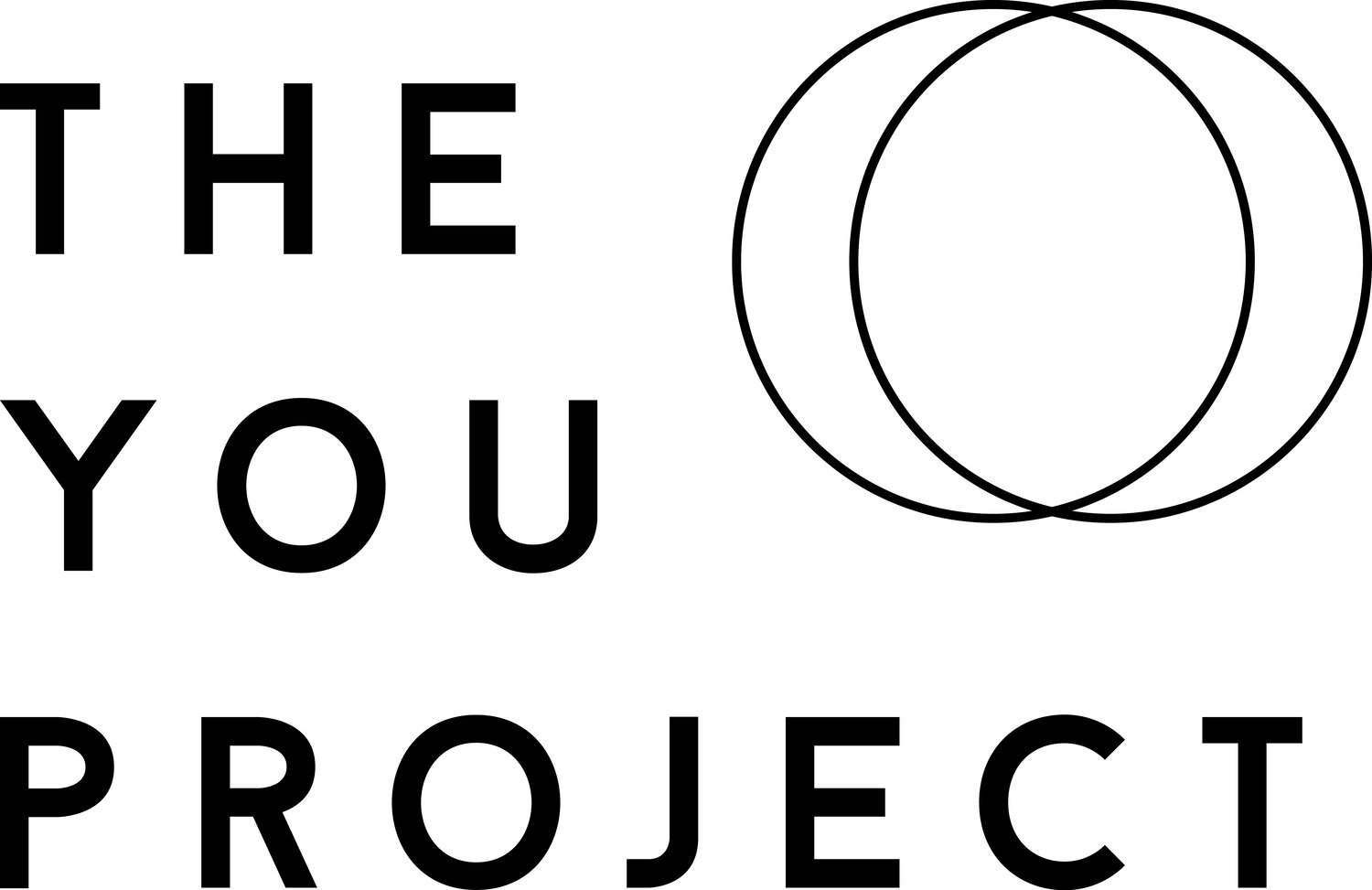What is coaching all about?
I recall the raised eyebrows back in 2003 when I started working with a coach. What on earth would you want to do that for? You’re a motivated person can’t you just sort that out yourself? What kind of qualifications do they have? Do they actually know what they are doing? I smiled, kept at it and within 15 weeks I had my dream job on the marketing team at Vodafone NZ.
Nowadays it’s pretty common to come across someone who has had some form of coach whether it’s a life, health, performance or business coach. The perception of coaches all being airy fairy hippies seems to be dissipating with progressive companies seeing the benefits and having in-house coaches (check out zappos.com) where part of your package includes coaching covering any area of your life. However with the growth of self-produced personal development content (no judgement here), some over-enthused motivational speakers and only recently a clear set of international guidelines for coaches there seems to be a lot of inconsistency about what coaching is. So over the next couple of blogs I want to set a couple of records straight on what coaching is from my perspective.
Why would someone want a coach?
Let’s face it. Life is awesome but there are always curve balls. We have all these great ideas which we’re ‘gonna’ do but there’s never enough time. We complain about ground hog day, yet keep doing the same things. We love our job and know we’re capable of more but aren’t sure how to get to the next level. We want to get fit but keep eating donuts or perhaps our relationships aren’t working as well as they could be.
So here’s a helpful analogy. If you want to get fit and toned for a wedding or holiday, you want results quickly. Just like a pro athlete you hire someone who is going to motivate you and knows how to get you the body you want in the shortest amount of time. Having a performance, business or leadership coach for an area of your life where you want improved results is exactly the same. And just like those really good trainers, a super good coach will teach skills to use long after you’ve completed your coaching.
So what does a super coach look like?
Simply, a fully trained coach (life, health, performance or business coach) is someone who will help you get clear on your direction, work with you to negotiate past any obstacles and assist you to formulate a plan to keep up your momentum.
Teaming up with a coach you’ll learn things about yourself you never knew, improving your self-awareness five-fold benefiting every area of your life. You will expand your mind and discover ideas you didn’t even know you had. What better topic to explore than you?
A clever coach asks clever questions. The totally made-up term questionologist sums up a coach’s role nicely. A good coach asks the best questions to get you thinking about opportunities and options you hadn’t thought of before. To see mindset and roadblocks you had never noticed standing in your way. But it’s all in the questions.The quality of your life depends on the quality of the questions you ask as Tony Robbins says.
An expert coach does not give advice. That’s for the mentors and consultants who are experts in their field. Often you can find a coach who is also an expert in your field and you may work with them in a different capacity however a coach’s main goal is to help you work out the answers for yourself.
A coach isn’t a therapist. If depression or anxiety for example is your current challenge, you’re best to work with a fully qualified psychologist or counsellor. And while a coach can work well alongside a therapist once a client is in a better space, you should seek help from a therapist initially.
While a consultant will give you tools on a specific need or problem in their area of expertise, a coach will give you tools on how to get yourself motivated in a direction which is going to propel you forward and can be used in any area of your life. I had a client who was focused on getting more organised but in the process lost 25kg simply from building up his self-esteem and momentum. You’ll also learn communication, decision making and habit forming skills which let’s face it, no one taught us at school.
A good coach doesn’t have their own agenda. You have a trusted, objective voice and advocate on your team. Our friends, partners, family and colleagues are terrific sources of advice and feedback. However they all have views, distractions and subjective points of view. Having someone outside of your circle of influence has the benefit of not being caught up in your end game.
The You Project is built on the premise that everyone has an inner resource of confidence and courage beyond the fear driven thoughts we can operate from. Once tapped into this resource boosts our experience in relationships and situations at work, home and within ourselves. But it’s up to us press the activate switch on or not.
I know, not everyone wants or needs a coach. Just like not everyone feels they need a landscape gardener, personal trainer or nutritionist. However if you feel like you are stuck in a loop or require some motivation in a certain direction perhaps it’s something worth exploring? In the meantime if you have any specific questions I would love to hear them.



